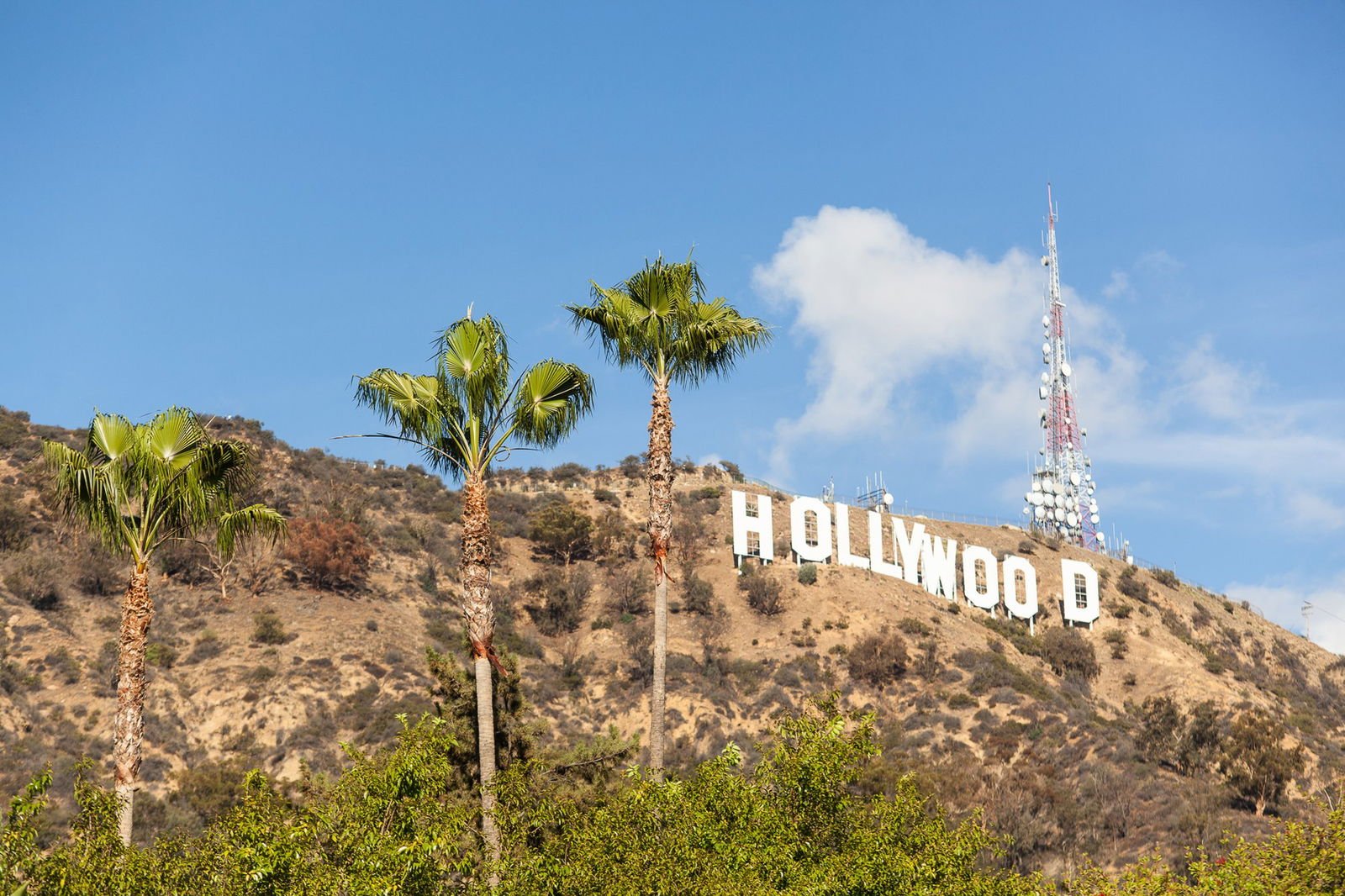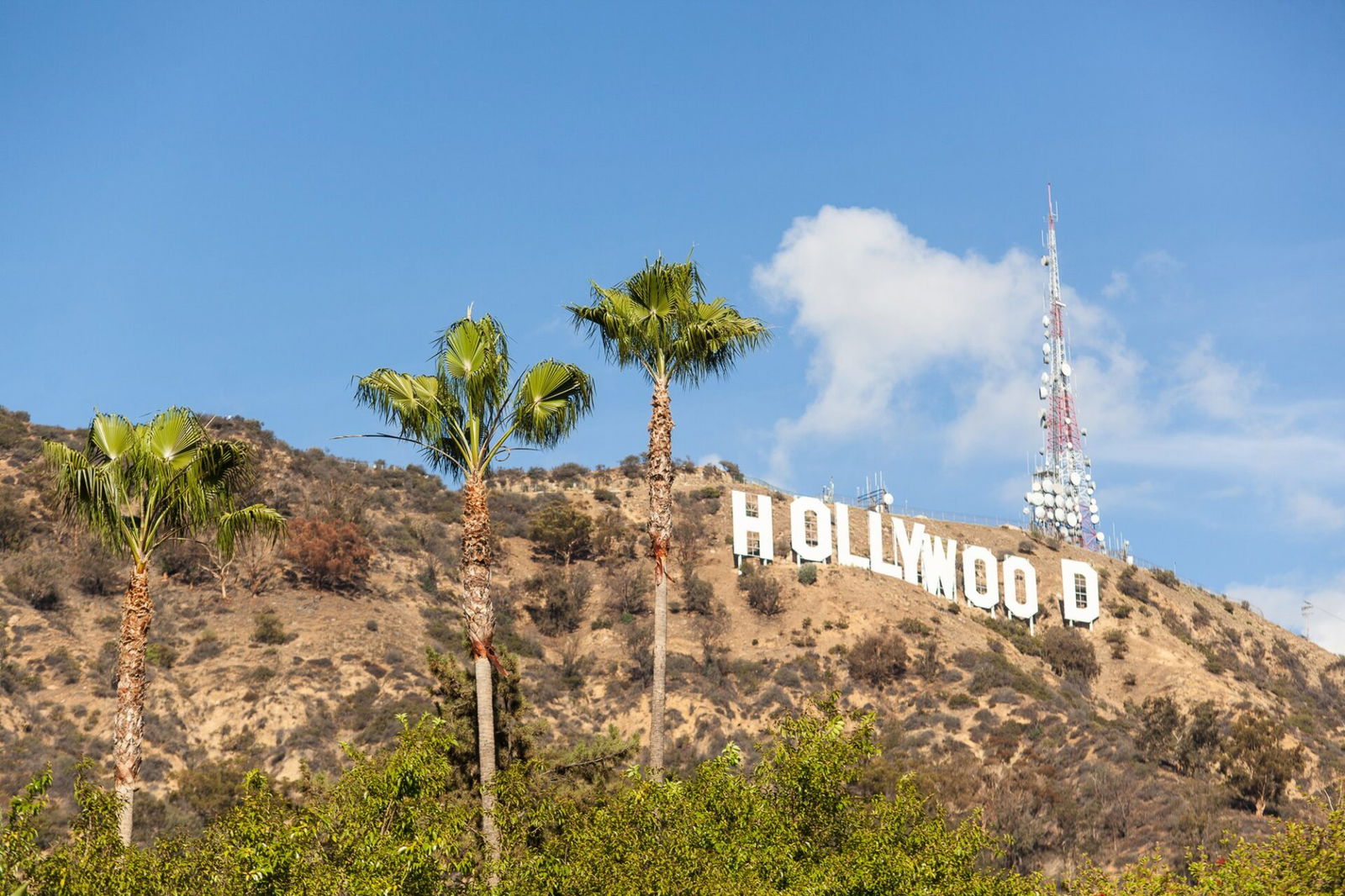Hollywood And The Ongoing Battle For Black Narratives In Film

Written by Julianne Malveaux
When former NBA player and longtime civil rights activist Craig Hodges signed a deal with a Hollywood production company called Wayfarer Studios to document his life story—which involves fervent activism for Black rights and eventual ostracization from the league—he surely could not have expected to find himself blackballed yet again. But that’s exactly what’s happened.
As is often the case, the past shapes the future –- and this new dispute, while seemingly minor, betrays how racial identity, principled politics, and outspoken activism can still create a toxic cocktail for Black Americans in Hollywood.
Hodges and Wayfarer originally signed a deal in 2021 to turn Hodges’ book –- Long Shot: The Triumphs and Struggles of an NBA Freedom Fighter -– into a documentary. The book provides an alternative and complicated look at the same era of Chicago Bulls basketball that ESPN’s pandemic smash hit The Last Dance covered. The success of that series prompted a new wave of sports documentary fever in America.
Wayfarer smartly wanted to join the cause, but it appears that they misunderstood the story Hodges wished to tell.
Hodges, a former Chicago Bull who helped the team win two of its six NBA titles in the 1990s, has long been a controversial figure who unsuccessfully encouraged his more famous teammates like Michael Jordan to speak up on political issues, including the Gulf War and the beating of Rodney King. After the Bulls won the 1992 NBA Finals, Hodges wore a dashiki to the White House and handed President George H.W. Bush a letter that “asked him to do more to end injustice toward the African American community.”
The Bulls waived Hodges that same year, and he never played in the NBA again. Despite his efforts and those of his agent, who collectively “called every team in the NBA,” he never received another workout. As such, Hodges sued the NBA in 1996 for “blackballing” him from the league as a result of his activism and association with the Nation of Islam.
Contemporary sources paint a complicated picture. A Cleveland Cavaliers executive noted at the time that “he never heard of any conspiracy” against Hodges and that “in a league with about 80% Black players, it’s hard to charge racism.”
Buck Williams, a Knicks player and, at the time, head of the Players’ Association, however, had a different view. “It is well known through the league that there may be repercussions if you speak out too strongly on some sensitive issues,” Williams told The New York Times, and “it is a burden when you carry the militant label he has.”
From this alone, it’s clear that this is a story worth telling, particularly as the NBA’s place in modern society continues to evolve and become associated with activism and Black civil rights. Hodges is a historical antecedent to a modern trend in one of the country’s biggest sports leagues. It is also clear that Hodges is a deeply principled man who will not betray his morals or instincts to tell a story different from the one he envisions.
And that, it seems, is the trouble. Problems arose with Hodges and Wayfarer butting heads over who was best fitted to tell the basketball player’s story. Hodges wanted British-Indian producer Jivi Singh to be the one to tell his story, but Wayfarer’s Justin Baldoni and Jamey Heath disagreed.
Wayfarer allegedly demanded that a Black director be used to cover “blind spots” that Singh would have related to telling a story about Black Americans. Hodges and Singh disagreed, and the project stalled and is now in limbo.
There is a valuable discussion to be had here about representation in Hollywood and who should tell certain stories. It is my hope that this dispute will elevate this conversation and cause some reflection on both sides.
At the same time, though, it is sadly ironic that Wayfarer –- and Justin Baldoni –- find themselves mired in this dispute. Baldoni, an actor-director most famous for Jane the Virgin and his recent fight with Blake Lively –- founded Wayfarer in 2019 to “disrupt for good” and “champion inspirational stories which unite as true agents for social change.” Baldoni himself has written a book surveying traditional masculinity that includes a chapter on white privilege and allyship. He has also frequently painted himself as an anti-racist, particularly in 2020 and on social media.
However, it has become apparent that much of this is mere lip service and rhetoric intended to sound good—it is all bark, no bite.
By insisting that a Black director tell a story that a Black man wrote, lived, and experienced—against the subject’s wishes—Wayfarer and Baldoni have used empty talking points to effectively silence a remarkably timely story about political activism in the NBA. It’s yet another example of how empty politics hold back Black storytelling—and when that happens, we all suffer.
RELATED CONTENT: Idris Elba Looks to Revolutionize African Entertainment Industry With Film Studios, Digital Wallets For Creatives
Dr. Julianne Malveaux is an economist, author, and educator.







